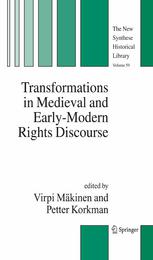

Most ebook files are in PDF format, so you can easily read them using various software such as Foxit Reader or directly on the Google Chrome browser.
Some ebook files are released by publishers in other formats such as .awz, .mobi, .epub, .fb2, etc. You may need to install specific software to read these formats on mobile/PC, such as Calibre.
Please read the tutorial at this link: https://ebookbell.com/faq
We offer FREE conversion to the popular formats you request; however, this may take some time. Therefore, right after payment, please email us, and we will try to provide the service as quickly as possible.
For some exceptional file formats or broken links (if any), please refrain from opening any disputes. Instead, email us first, and we will try to assist within a maximum of 6 hours.
EbookBell Team

4.4
12 reviewsRights language is a fundamental feature of the modern world. Virtually all significant social and political struggles are waged, and have been waged for over a century now, in terms of rights claims. In some ways, it is precisely the birth of modern rights language that ushers in modernity in terms of moral and political thought, and the struggle for a modern way of life seems for many synonymous with the fight for a universal recognition of equal, individual human rights. Where did modern rights language come from? What kinds of rights discourses is it rooted in? What is the specific nature of modern rights discourse; when and where were medieval and ancient notions of rights transformed into it? Can one in fact find any single such transformation of medieval into modern rights discourse?
The present volume brings together some of the most central scholars in the history of medieval and early-modern rights discourse. Through the different angles taken by its authors, the volume brings to light the multifaceted nature of rights languages in the medieval and early modern world.